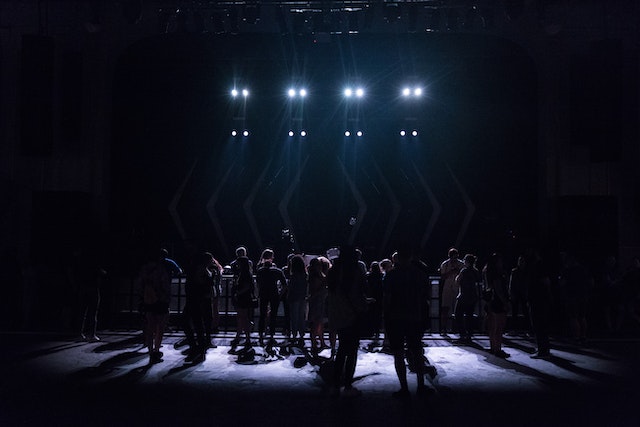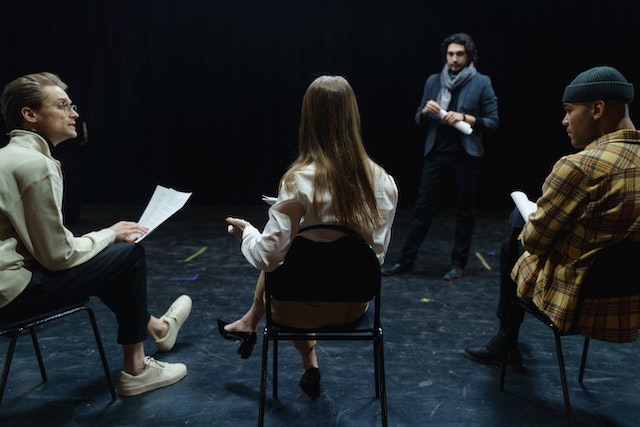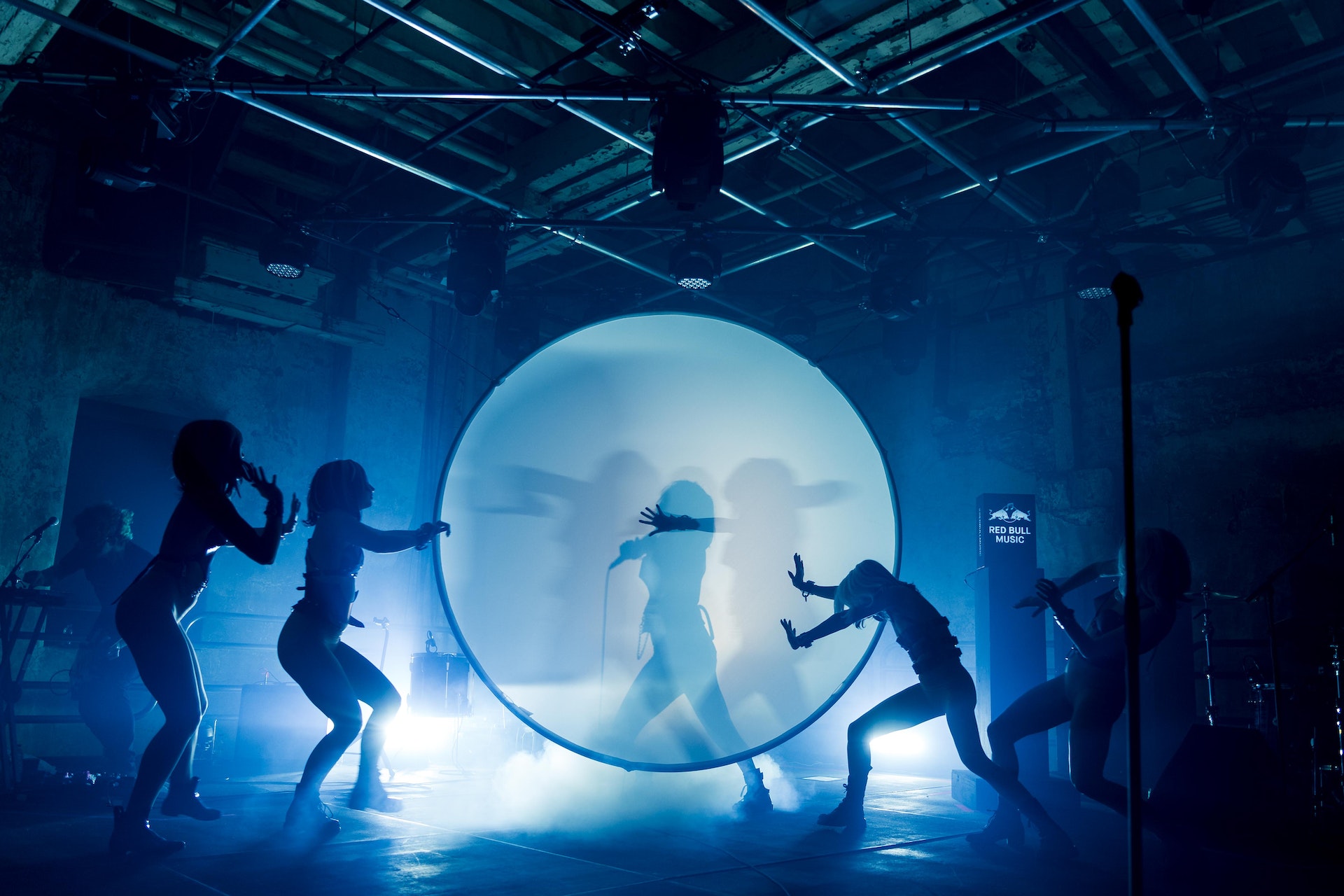MA/PhD Program in Theatre, Dance, & Performance Studies at York University emphasizes our collective interest in theatre, dance, performance, and cultural politics. Internationally renowned faculty offer advanced seminars and mentor student research in one of the English-speaking world’s most active cities for theatre, dance, and the performing arts.
Why Theatre, Dance, and Performance Studies?
Program Specializations
The program’s fields of specialization, which structure our curriculum and degree requirements, collectively highlight faculty strengths and our collective interest in exploring intersections of theatre, dance, performance, and cultural politics. They include: Canadian Theatre, Dance, and Cultural Politics; Postcolonialism and Globalization; Cultural Policy and Theatrical Economies; Gender and Sexuality; Embodiment and Cultural Memory; Environment and Cultural Geography; Performance and Popular Culture; Critical Pedagogy and Community Engagement; and Intermediality and Technology.
These areas foreground the spirit of political inquiry and practice-based experimentation central to the particular faculty research projects and centres that are connected to our program.

Learn More
The Graduate Program in Theatre, Dance, & Performance Studies at York is an exciting environment to pursue innovative, socially engaging, career-ready education. Contact our Graduate Program Assistant to learn more.




